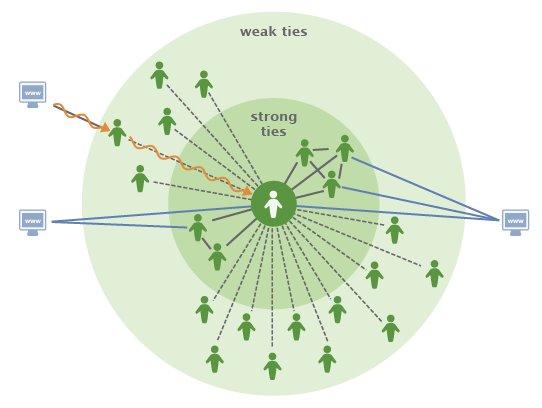A client of mine once had a angry worker scream at him when she found out he’d posted photographs of all his staff on the company’s website.
“My ex is a psycho, he doesn’t know where I live or work. If he finds this, he might come around here and kill us all,” she cried.
The photos went down immediately and Kevin made sure he got explicit consent before he posted any details of his staff onto the website.
It was a valuable lesson on why you shouldn’t just post people’s details online without first asking them. We all have reasons why we’d like to keep certain facts out of the public light.
A Texan gay choir’s organiser posting the details of members onto Facebook is another reminder of why it’s a bad idea to put someone else’s details online without asking them first.
For two members of the Queer Chorus at the University of Texas, having their sexual orientation pasted on their Facebook feeds caused terrible damage with their families and it should serve as lesson to every manager, business owner or community group leader that this stuff matters.
One of the worrying features with Facebook is how other people can add you to groups without your permission – almost certainly a recipe for misunderstanding and mischief.
What’s even more unforgivable with Facebook’s conduct is the privacy settings for those groups overrides an individual’s own privacy settings.
As one of the victims said in the Wall Street Journal of when his father saw the status update, “I have him hidden from my updates, but he saw this,” she said. “He saw it.”
So even though both the individuals had chosen to lock their profiles away from public view, Facebook and the organiser of the group decided they knew better.
We shouldn’t let the administrator of the Facebook off the hook on this lapse, Christopher Acosta decided to make the group open and public. “I was so gung-ho about the chorus being unashamedly loud and proud,” he’s quoted as saying.
That’s nice when you have a tolerant family and you’re from a liberal community but for others that ‘transparency’ can lead to damaging family relations for years, if not lifetimes. In some communities the consequences could be far worse.
“I do take some responsibility,” says Mr Acosta. Which is a nice way of accepting you might have screwed somebody’s life up by doing something you didn’t understand.
Ultimately responsibility lies with the person who presses the button which causes the email or status post to be published. In this case Christopher Acosta was responsible.
To be fair to Mr Acosta, the ability to add people to Facebook groups without their permission is a deeply flawed as are those groups’ setting overriding an individual’s privacy preferences.
Facebook have to understand there are real life consequences to ‘transparency’ which can ruin careers and even cost the lives of people. The damage to families and communities can be immense.
Coming from a secure upper middle class white background, Mark Zuckerberg probably doesn’t quite understand the risks his company’s policies pose to people in vulnerable situations, hopefully some of his older and wiser advisers will explain why ‘transparency’ and ‘openness’ are not always a good idea.
Similar posts:




